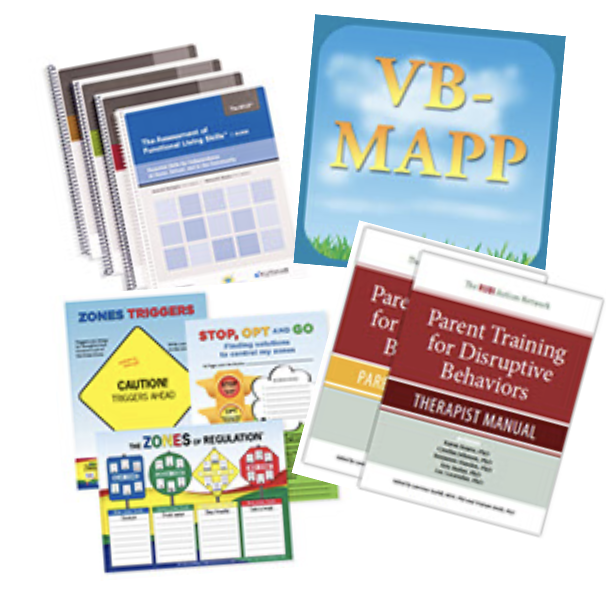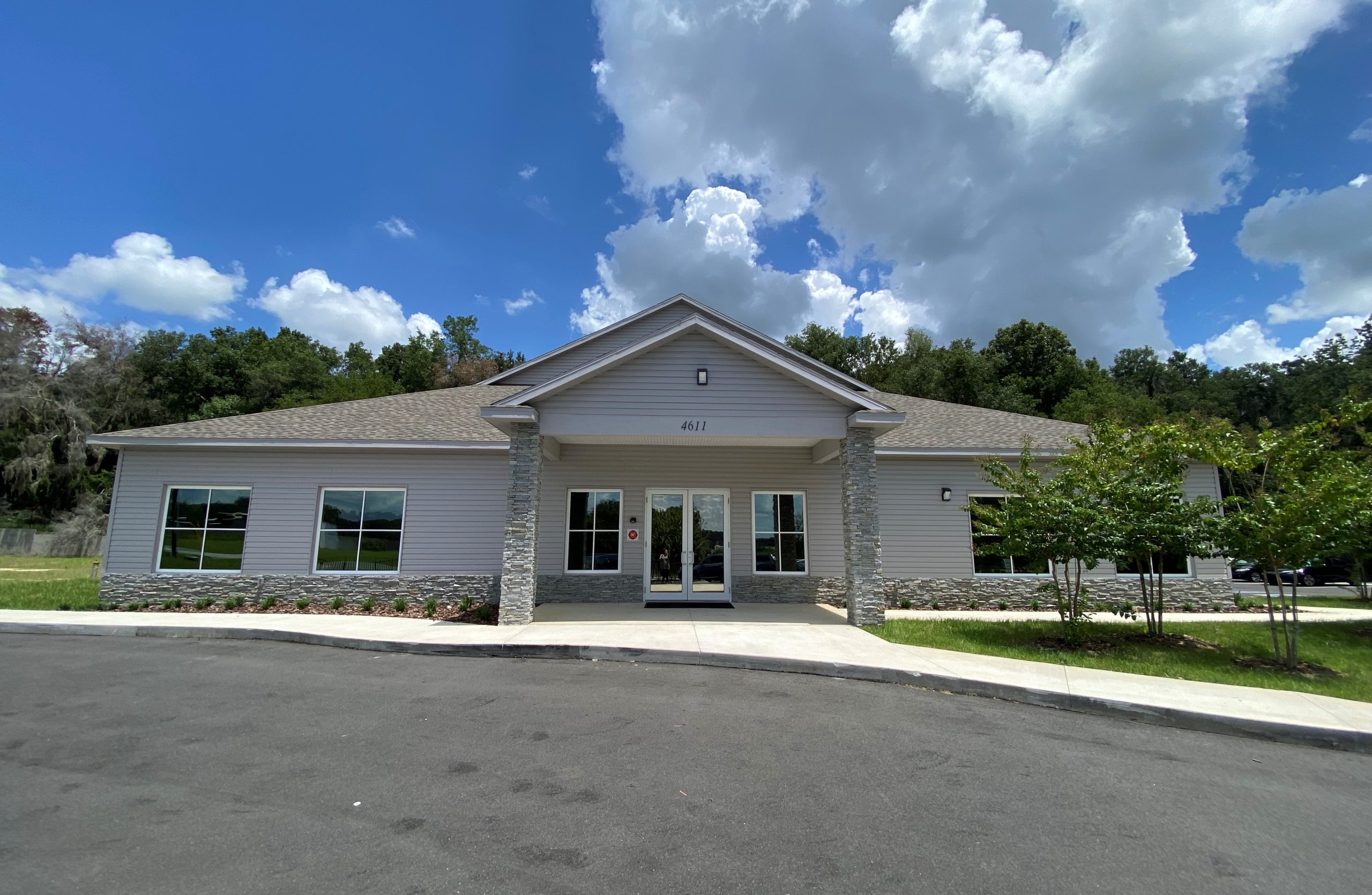
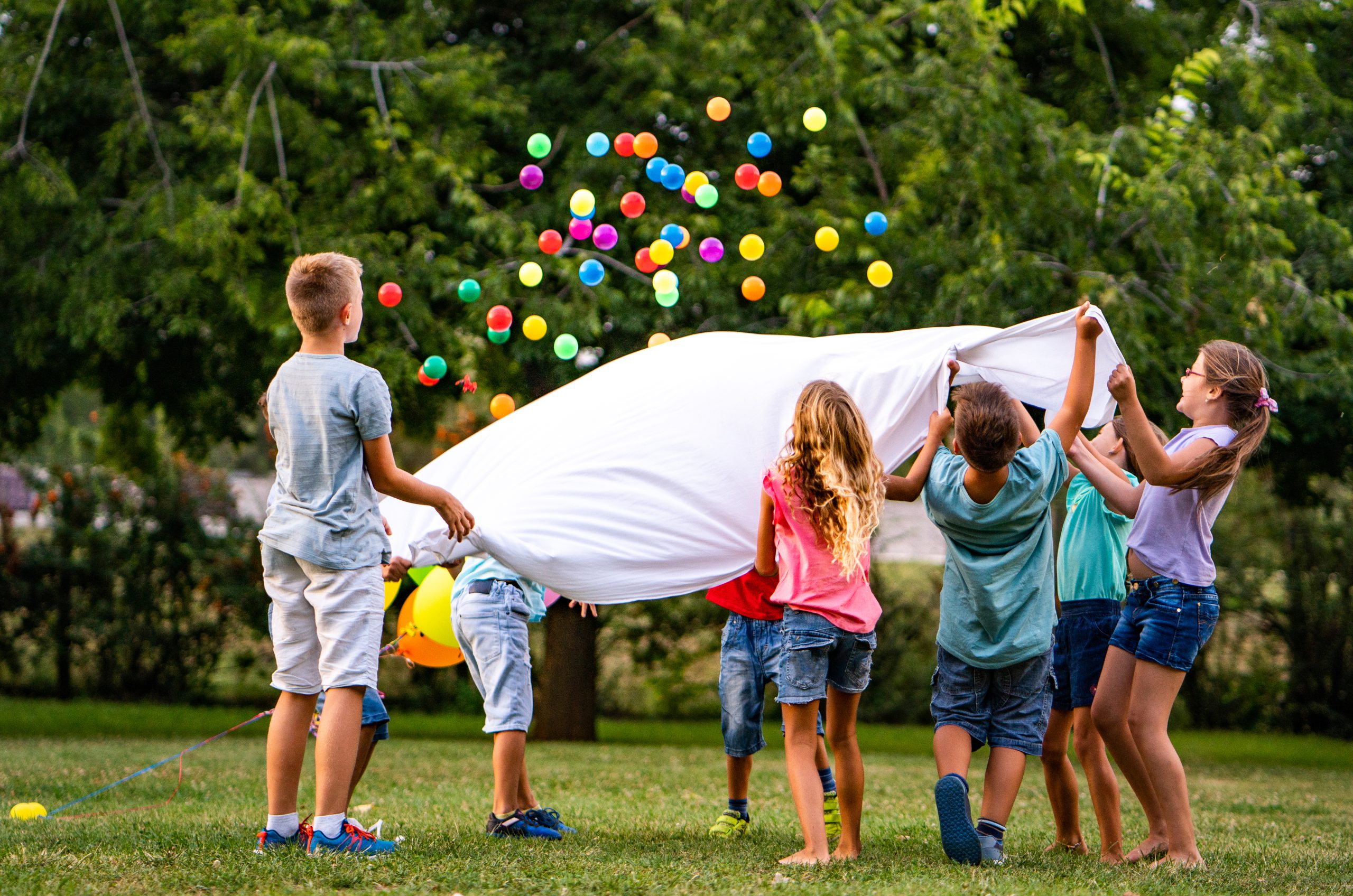

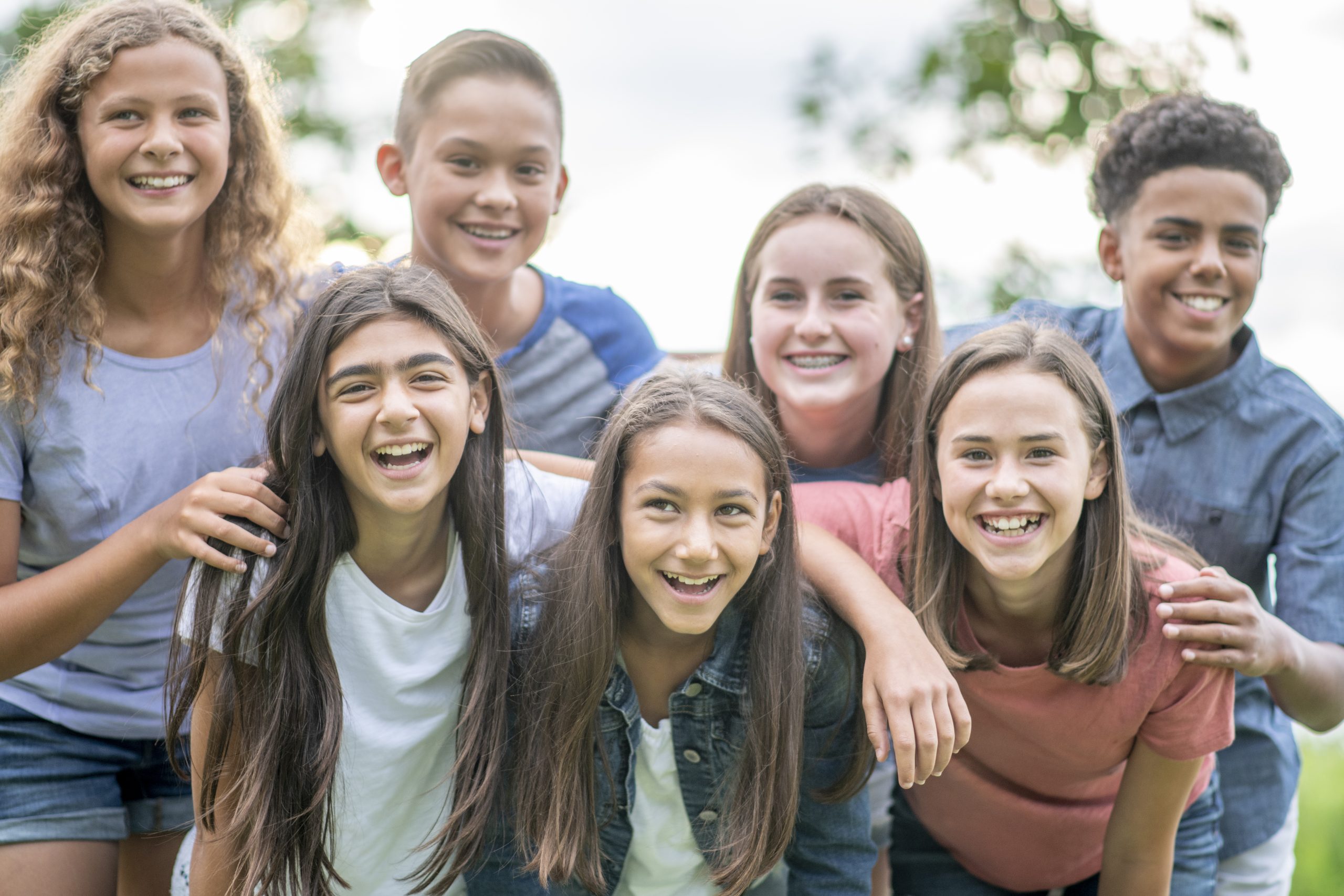
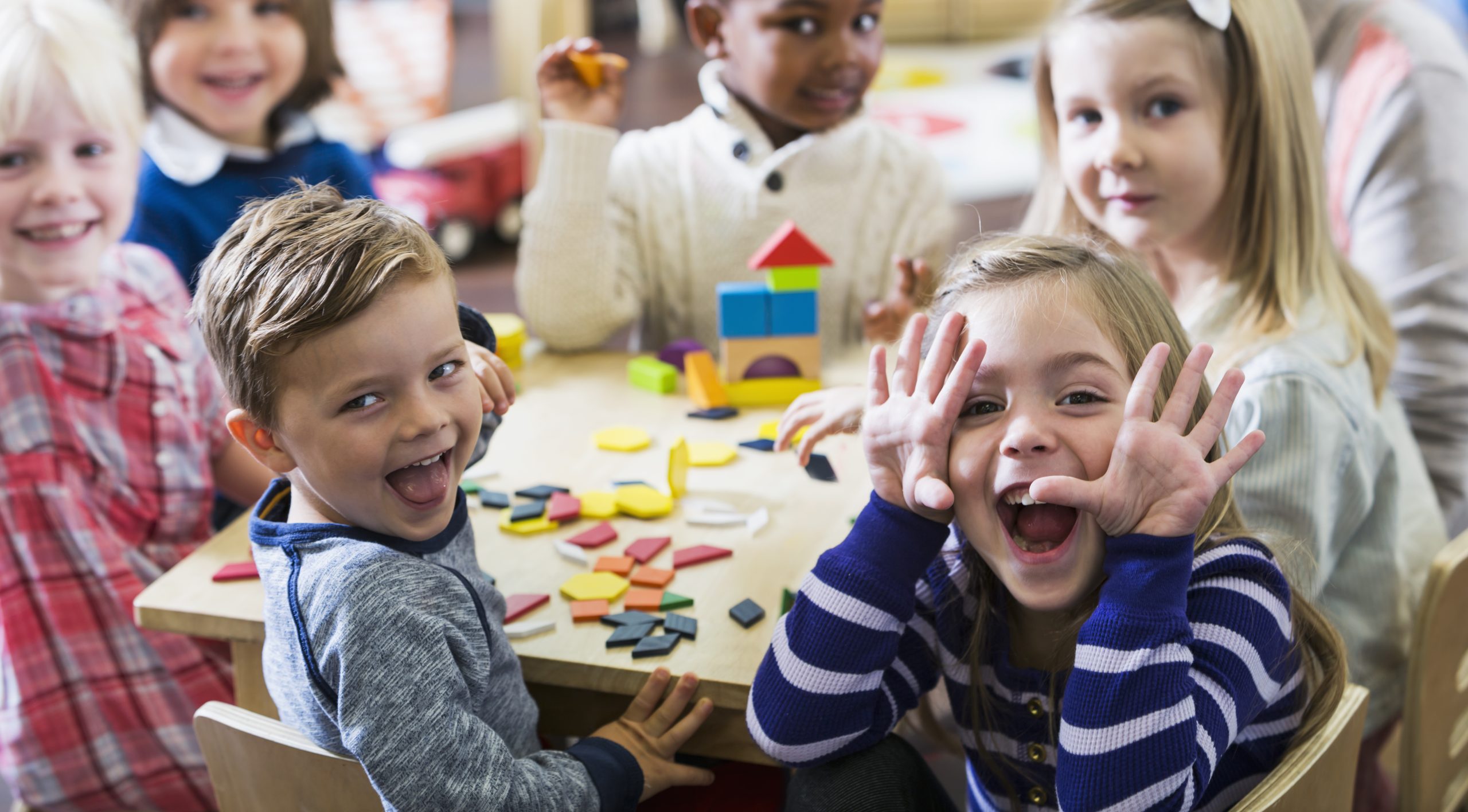
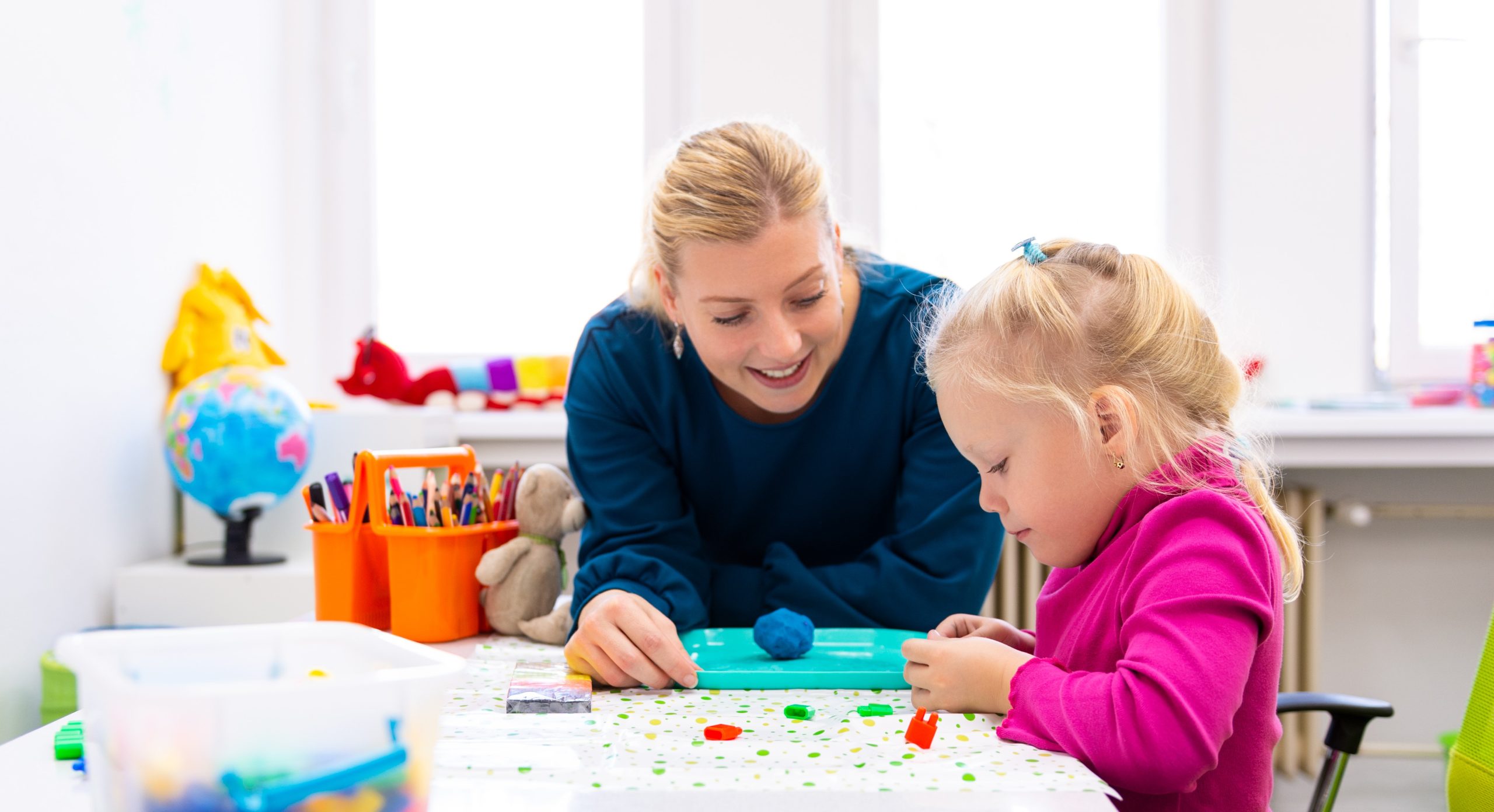
Applied Behavior Analysis (ABA) uses evidence-based techniques and principles to increase or decrease target behaviors. ABA therapy is designed to meet each individual’s unique needs, taking into account their environment, preferences, and dislikes.
We will expand the age range we serve as services are developed.
We currently serve individuals from birth through age 22.
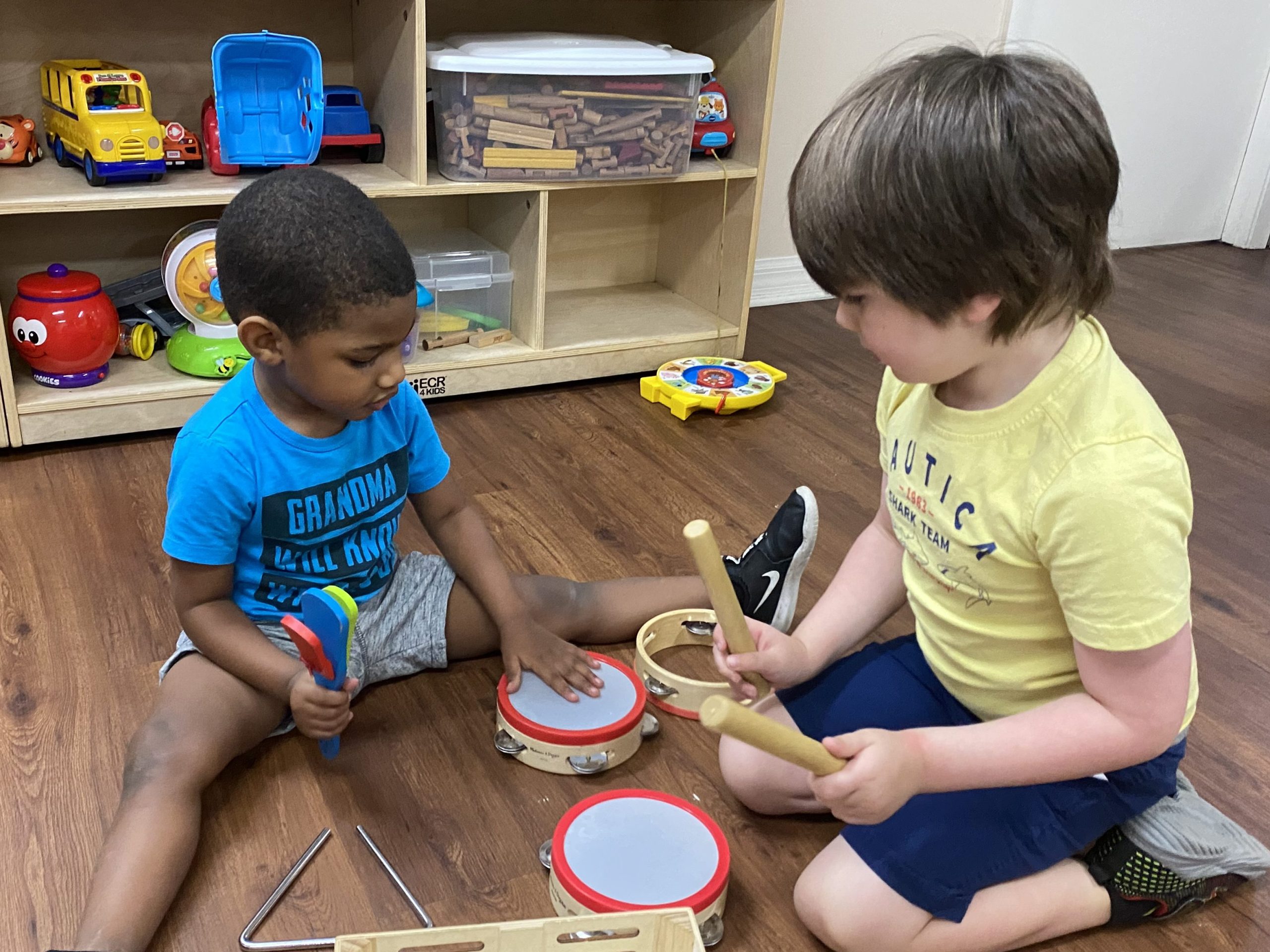
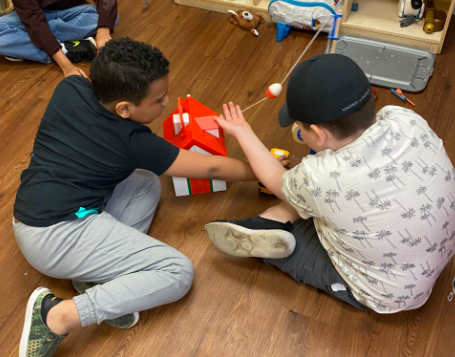
Verbal Behavior:

School Readiness:
Our school readiness program is designed to teach children independence and expected school behavior. Skills developed through this program include but are not limited to: attending to group instruction, turn taking, waiting, problem solving, and transitioning. Participants of our school readiness program are always one to one, however, staff fades out their presence as each client develops the independence skills they need to be successful in each setting.
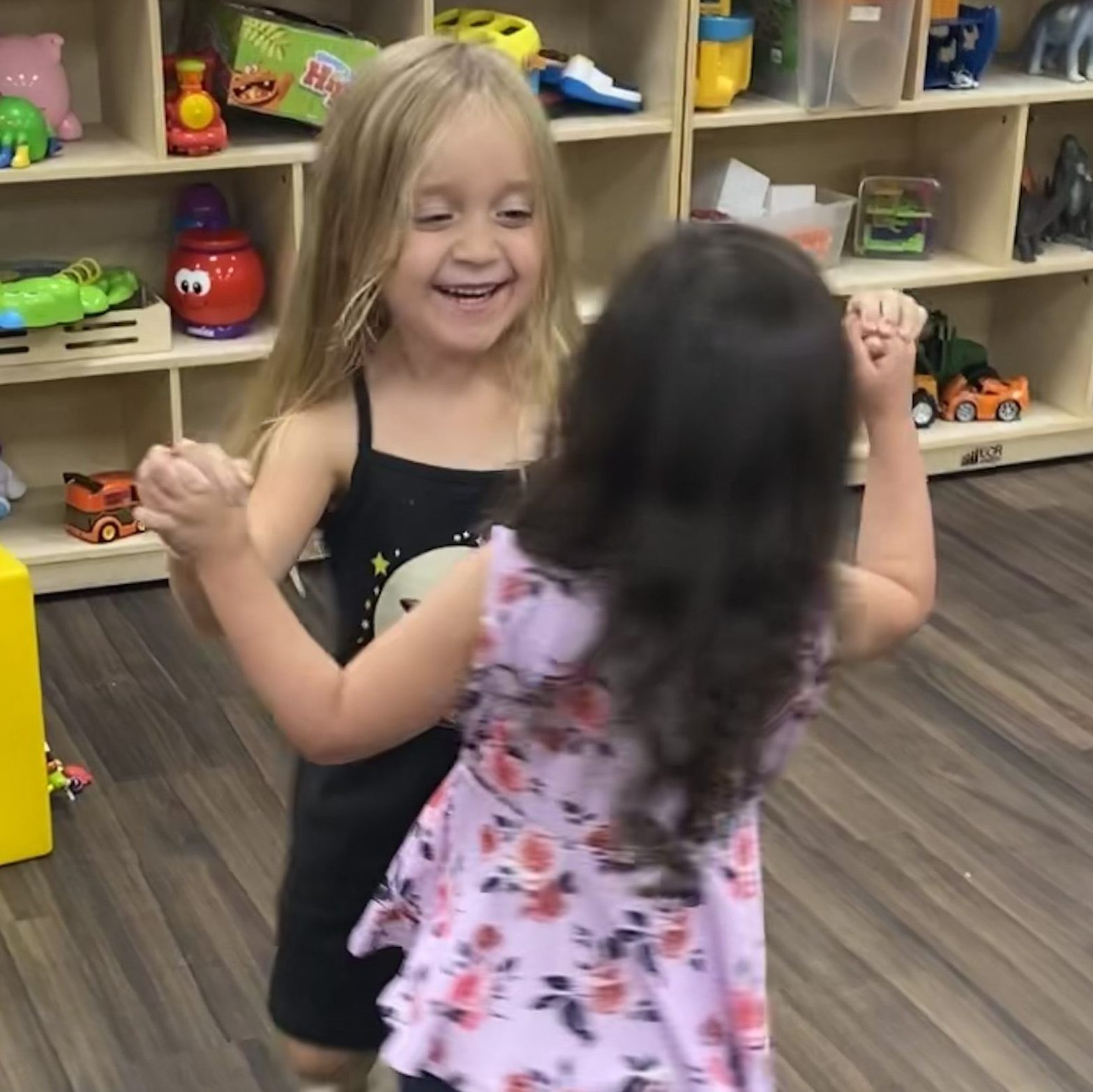
Social Skills:
The VBMAPP and AFLS are both used in identifying deficits and measurable goals. The Zones of Regulation of and (PEERS®) curriculums are used to teach the outlined goals and targets. Social skills training is conducted in a ratio no greater than 3:1.
Daily Living Skills: A client’s independence is assessed using the AFLS protocol which includes a wide range of areas including basic living skills home skills, and community skills. Target behaviors include tooth brushing, toileting, dressing, and eating.
Young Adult Programs: We are currently developing a program for young adults. Skills will be assessed and programmed for using the AFLS and (PEERS®) protocols.
Parent Training: Parent training is available in multiple formats including individual and small group based on client need. The RUBI Manual Parent Training for Disruptive Behaviors will be used for clients seeking behavior reduction and management skills in our parent trainings.
Insurance currently accepted
